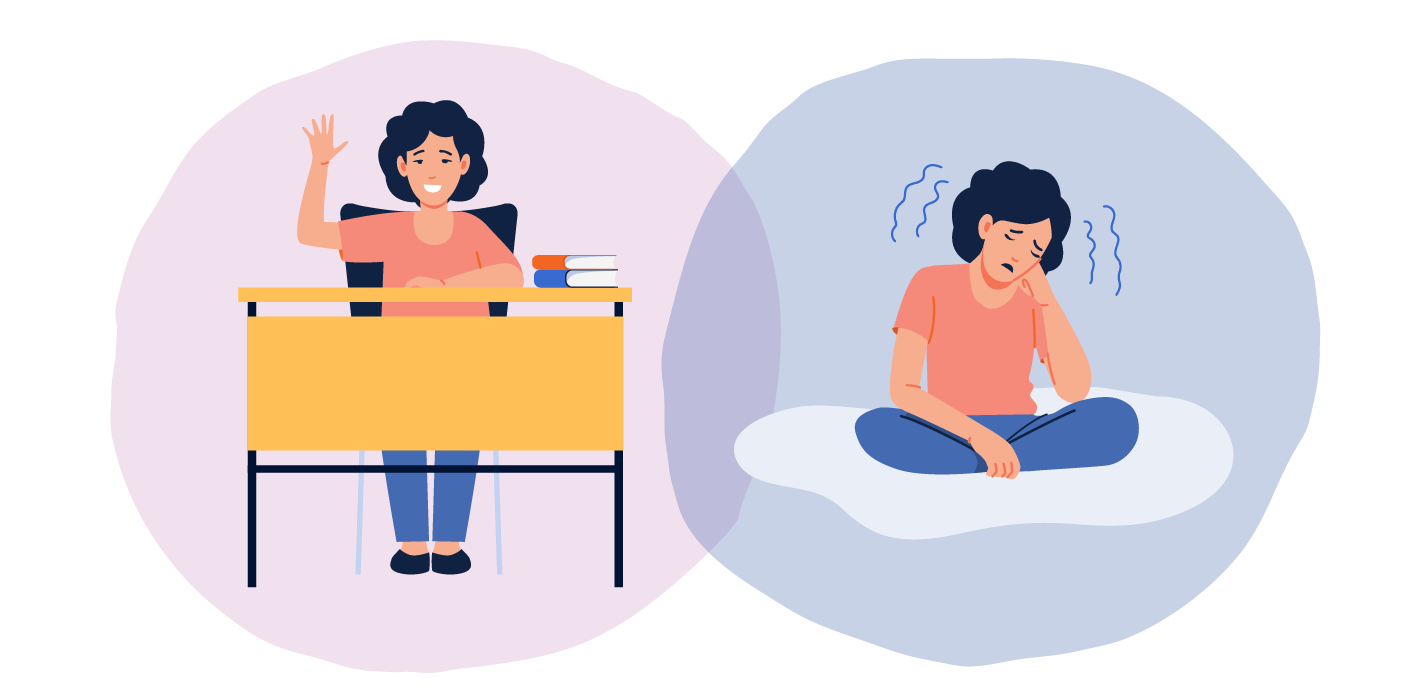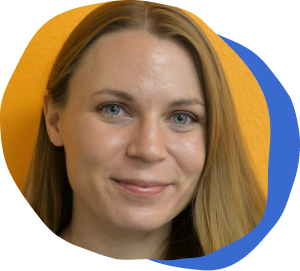2e: When Giftedness and Mental Health Challenges Overlap
with Christine Pearston, PsyD

with Christine Pearston, PsyD

Episode 9, Season 3 | December 5, 2022
Today’s episode is proudly sponsored by Adobe. We are so thankful for their support of this Voices of Compassion podcast.
Many twice exceptional (2e) children feel different, like they just don’t fit in, and can be more susceptible to mental health challenges. They may feel isolated from their peers because of their giftedness and their neurodiversity, whether it be autism, learning differences, ADHD, anxiety or otherwise. Some live with the constant feeling that they are not living up to their ‘gifted’ potential, or feel the weight of the world on their shoulders. With this in mind, how can parents, caregivers and educators effectively support 2e children? Join us for today’s podcast episode as we talk with Christine Pearston, PsyD, licensed clinical psychologist at CHC’s Catherine T. Harvey Center for Clinical Services, who suggests we start by looking at the whole child — strengths, interests and challenges alike.

Dr. Pearston is a Licensed Clinical Psychologist with experience providing therapy and assessment to children, teens and young adults in a variety of settings. In her clinical work, she strives to provide a safe, understanding and collaborative environment for clients and families to meet their goals. Dr. Pearston is a generalist who feels comfortable treating a wide range of mental health concerns, but has a special interest in working with teens who are struggling with anxiety, depression or coping with a traumatic experience. She also has experience in behavioral medicine, helping teens cope with medical conditions such as diabetes, eating disorders and chronic pain. Her assessment expertise includes psychodiagnostic testing for complex mental health presentations, and psychoeducational testing for gifted and twice exceptional youth.
An east coast native, Dr. Pearston relocated to California in 2013 for her pre-doctoral internship training at Monterey County Children’s Behavioral Health. She subsequently completed her postdoctoral residency at Kaiser Permanente, South Bay Consortium.
Visit Sand Hill School
Visit Esther B. Clark Schools
Learn about CHC’s Catherine T. Harvey Center for Clinical Services
Learn about CHC’s Evaluations
Recommended Reading:
Misdiagnosis and Dual Diagnosis of Gifted Children
Related Podcast Episode:
A Parent’s Journey: A Child Who is Twice Exceptional
National Association for Gifted Children: Twice Exceptional Students
A Parents’ Guide to Understanding and Supporting Twice-Exceptional Children
Gifted Children With ADHD, and the Challenges Their Parents Face
Twice-Exceptional Kids: Both Gifted and Challenged
With Handout:
Anxiety and Twice Exceptional (2e) Child
Supporting the Social-Emotional Needs of 2e Students
Book:
Differently Wired. A Parent’s Guide to Raising an Atypical Child With Confidence and Hope
Video:
Twice Exceptional & Proud: On Being Gifted with ADHD — Q&A Session for Parents of ADHD & 2E Students
Sign up for the CHC Virtual Village to receive weekly email updates about upcoming news, events and resources related to your interests.
Enjoying the CHC Voices of Compassion Podcast? Please consider supporting CHC’s Community Education and outreach efforts, like this podcast and CHC Online Resource Library, with a gift today.